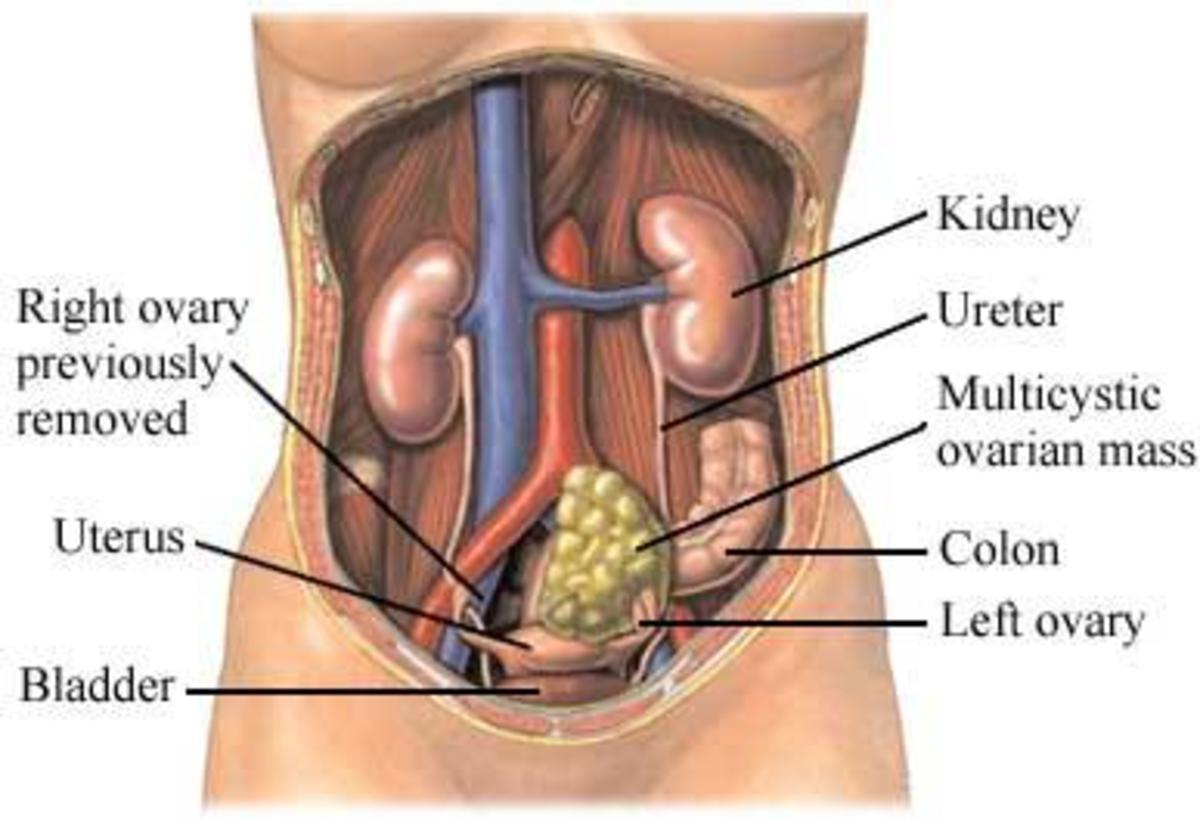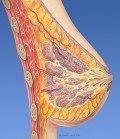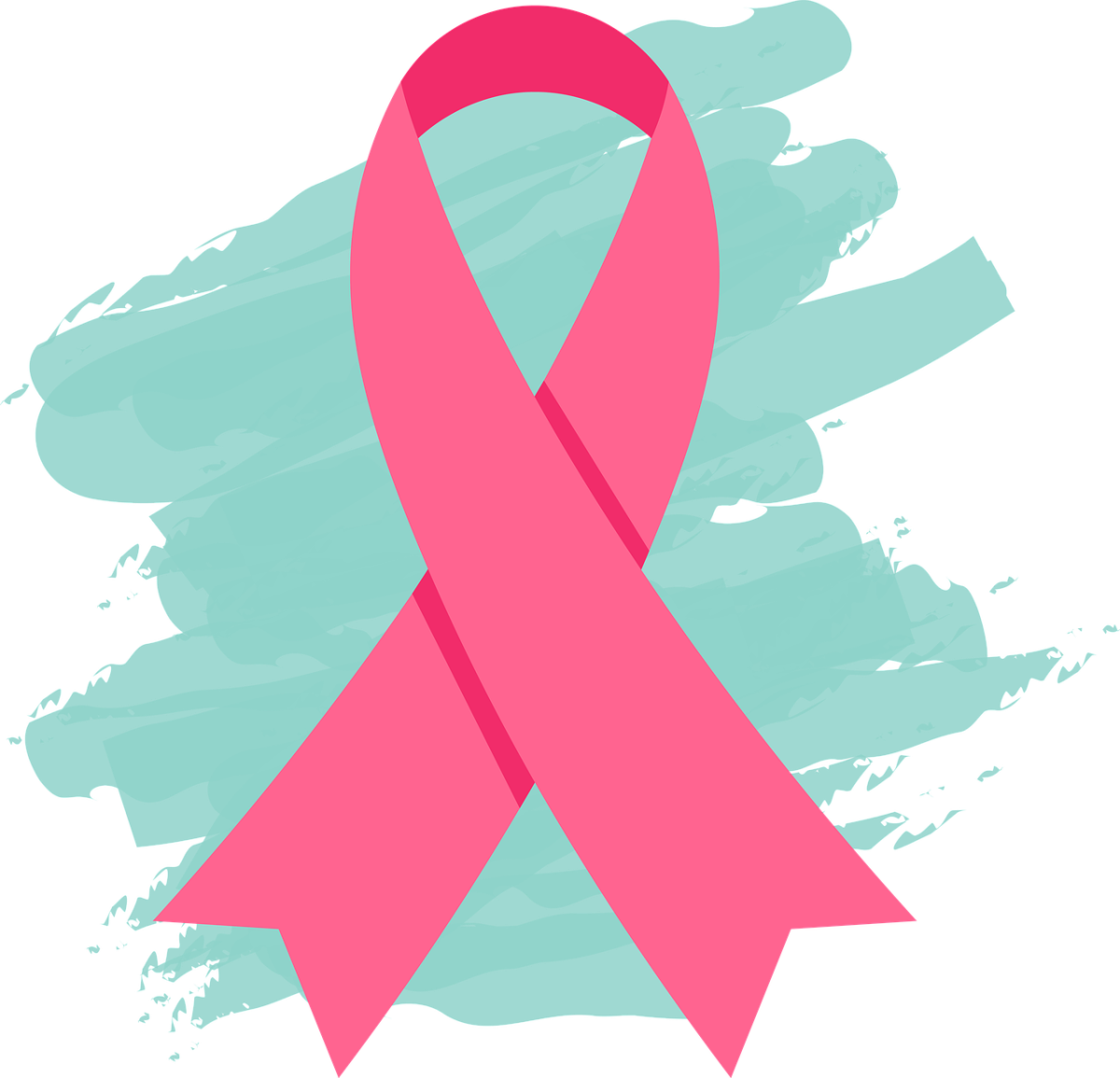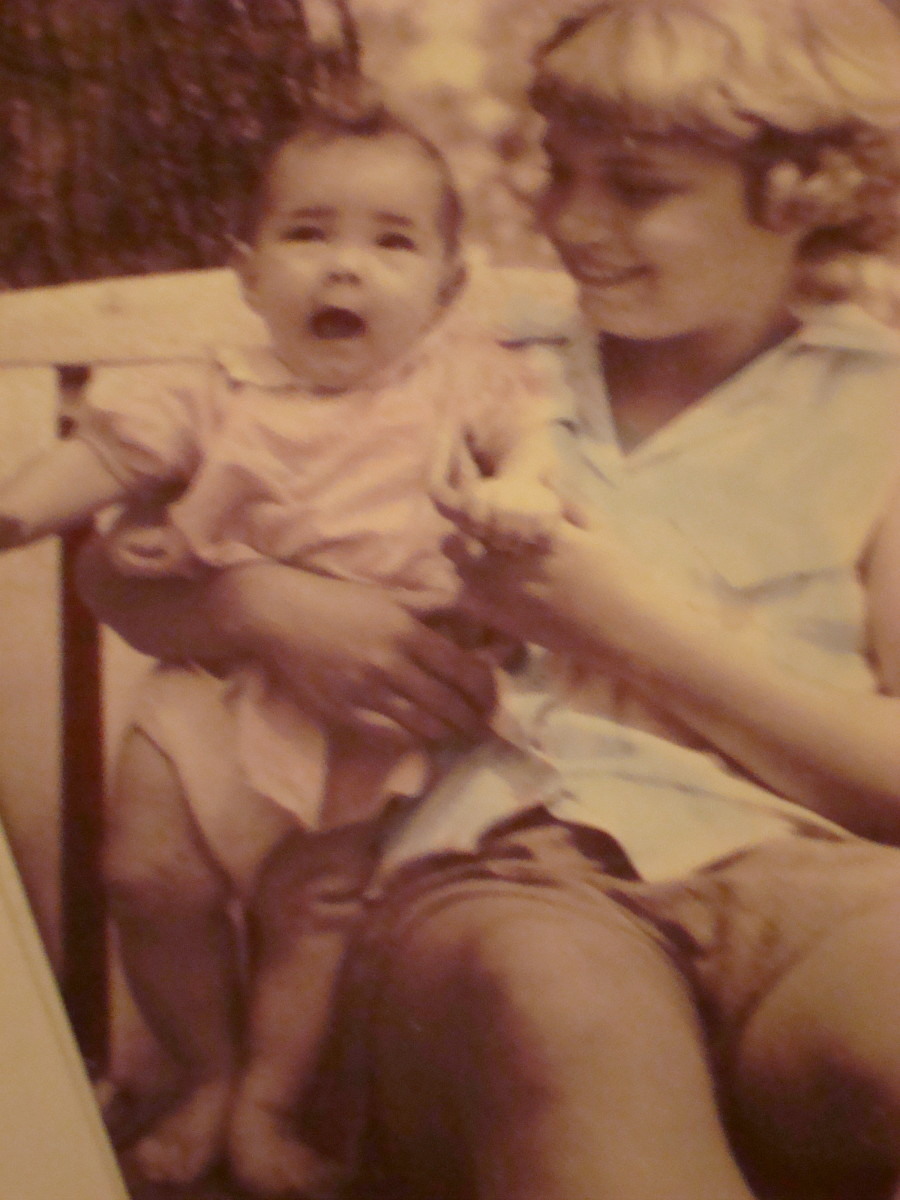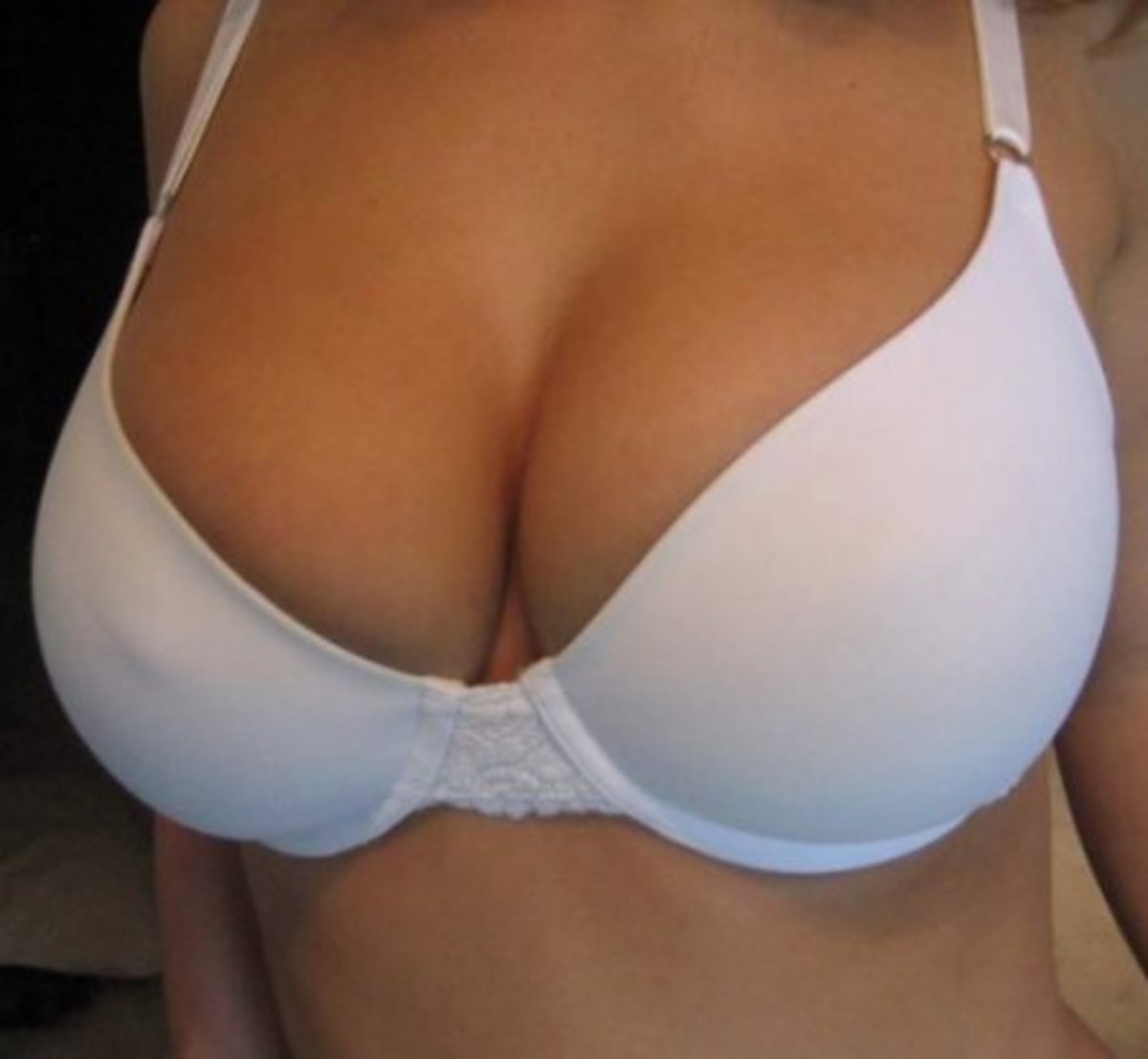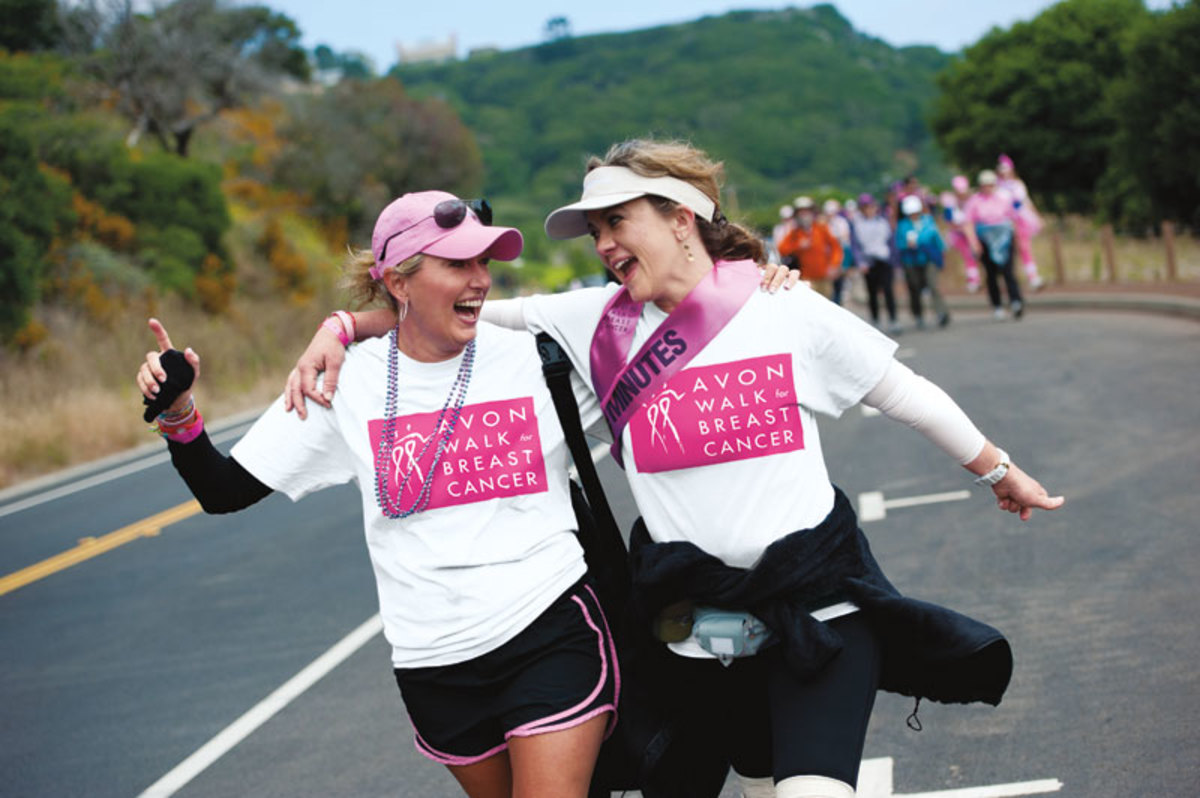Don't Let Breast Cancer Scare You To Death
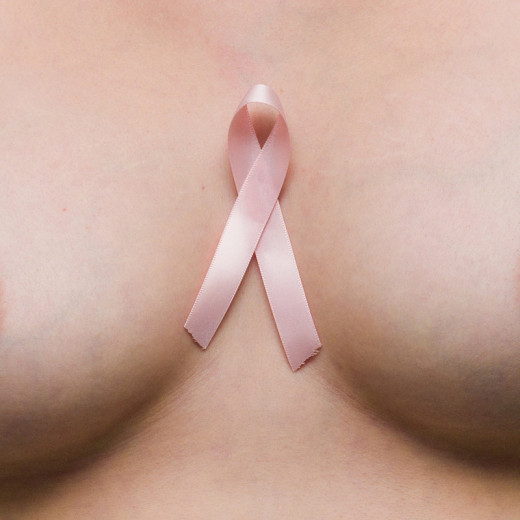
Ask any woman what she knows about breast cancer and I guarantee that there are two facts that she will be able to quote. One, that it runs in families and the other, that you have a 1 in 12 lifetime risk of getting it. But it's clearly not knowledge that enlightens. It frightens, as a recent survey from the Imperial Cancer Research Fund found.
For instance, 82% of young women aged between 16-24 were scared they they might get breast cancer, even though it is a vanishingly rare disease in this age group. Women aged 65 plus on the other hand, showed the lowest levels of concern, despite the greatest likelihood of breast cancer being in their 60-80 age group. So what's going on.
Family History
Take that 'got it in the family' bit for example. You'd think it meant that if your granny gets breast cancer, it's a ticking health time bomb as far as you are concerned. Not so. The greatest single risk factor for breast cancer (aside from being a woman) is age. And because women live longer now and because breast cancer is common, it is increasingly likely, especially if you come from a large family, that at least one or even two of your older relatives will have breast cancer diagnosed. But if it occurs for the first time in the family after the age of 65, it is highly unlikely to be the result of inherited breast cancer genes. These are not only rare, accounting for less than 5% of all breast cancers, but cause disease at a much younger age - usually before the menopause. So if your relatives were older when they developed their breast cancer, your risk is unlikely to be increased.
And what if you do have a mum or sister who was first diagnosed with breast cancer under the age of 40? Should you have gene testing? It is usually only suggested for women with four close relatives with either breast or ovarian cancer and for a very small number of these, it will help decide future care. If you are concerned, your GP can refer you to one of the specialist family cancer centres. Interestingly, the majority of women referred discover that their risk is far smaller than they had imagined.
Putting Risk Into Perspective
OK so let's get that 1 in 12 figure in perspective. It's your lifetime risk - put simply 1 in 12 women who reach the age of 75 (or 1 in 11 reaching 85) will have had breast cancer diagnosed at some point in their lives. They do not necessarily die from it, in fact many survive. And that's the other great myth. Women always die from breast cancer. Wrong. 70% survive five years - up to 90% if diagnosed early.
And when people talk about doubling your risk of breast cancer - say because you drink alcohol on a regular basis - does that mean you risk goes up to 1 in 6 instead of 1 in 12? Absolutely not. What's being talked about is relative risk - how a single factor, like say, alcohol, increases your risk compared to that of someone who drinks nothing but orange juice. But your risk varies with age - and age is the single most important risk factor for breast cancer. So, at the age of 30, women have a small risk of just 1 in 8000 of getting breast cancer. Doubling that risk makes it 1 in 4000. So twice a small risk is still a small risk. Got it?
Why The worry?
So if young women very rarely get breast cancer, why do they worry so much? It's like rapes and murders isn't it. Statistically cancer at a young age is rare, but reported so much, that you believe it to be more common than it is. And its also partly because whilst the under 30s are the least likely group to get cancer, they are the most likely to discover breast lumps. So called 'breast mice' (fibroadenoma) , the sort of lumps that skid about when you touch them, are most common in the 15-30 age group. Although the very act of referral to a specialist may scare you, be reassured, 9 out of 10 lumps investigated are benign.
Be positive about breast cancer. Get to know what is normal for you and if there are any changes report them quickly but don't automatically assume it's cancer. Do those things that are known to protect against breast cancer. Regular exercise, eating plenty of fruit and veg, keeping your weight down and cutting back on the booze. Above all, be enlightened, not frightened.

